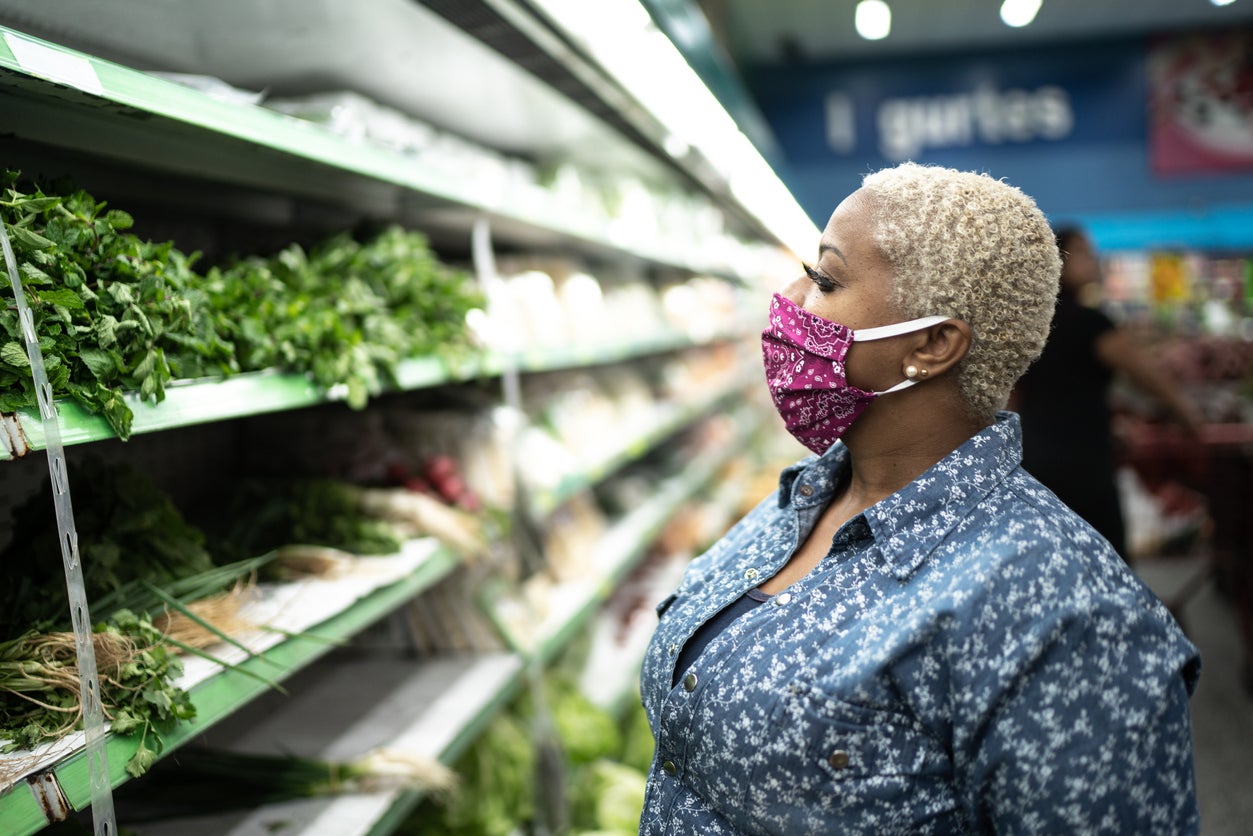Freedom may damage the economy, not help it – we must respect the risks around us
Widespread absences from the labour force are hugely problematic. With the R-rate in every region greater than one, except Scotland, it's not the time to trumpet freedom but adopt individual caution, writes Jagjit Chadha


Economics has a funny way of confounding intuition and empirical observation. That often makes it infuriating and fascinating in equal measure. Now ‘Freedom Day’ is here, we might think that this is a case of the economics trumping concerns about our health. But, in fact, there is no trade-off between the two and bad health policy is also bad economic policy and vice-versa.
It’s been a stop-start period of 18 months, but it could be argued the vaccine rollout is so far advanced we have built a wall against Covid that will allow us to open up and get the economy motoring again. But the arguments for circumspection and caution during a rapid opening are more compelling.
Superficially, at least, it seemed the lockdown regime we entered in March 2020 directly harmed the economy. As soon as we entered a lockdown, the economy shuddered to a halt. Economic activity fell in manners that our statisticians could not really place in a modern context. Sectors that depend on social interactions, that are so important in our economy, proved particularly vulnerable.
Many thought that maintaining health services was more important than the immediate concerns of business and, in any case, fiscal support would provide insurance for the worst affected businesses. Accordingly, when we relaxed social restrictions the economy rebounded rapidly. It follows that if we move to the complete relaxation of social restrictions the economy will immediately do well.
The truth is a little more nuanced. First, the economy became more resilient to successive lockdowns as firms learned how to continue their business using digital technologies and relying on the dedication of their employees. Second, the end of lockdown may actually damage output if the rate of infections increases at such a rate that the people cannot enter the workplace and/or there are repeated absences from the labour force.
We have already seen that an exponential increase in cases of self-isolation threatens severe staff shortages in manufacturing and retail. Perversely, freedom may damage the economy more than maintaining some form of social distancing and workplace restrictions.
Finally, people are now not unaware of the risks of infection at the local level, in terms of being directly affected, and the potential health consequences of Covid infections to their immediate family, neighbours or work colleagues.
Many, however, will choose to behave independently of whatever the government says. Some will continue to practice their own degree of social distancing in proportion to the risks they see. With the R-rate in every region greater than one, except Scotland, this is not the time to trumpet freedom but to adopt caution, especially around those who may not quite fully understand the risks.
The calculus is thus complicated. It is not a mechanical question of lockdown versus liberty and correspondingly recession or growth but a question of how we decide on the deployment of social controls under great uncertainty of their impact.
The more infectious Delta variant is showing signs of rapid growth and while the hospital mortality rate is considerably lower than we saw in 2020, the numbers are increasingly worrying. New cases in Wales, for example, tell an instructive tale. Even though new infections are low, there is an R-rate greater than one, and according to our projections, the risks are heavily skewed towards a rapidly increasing rate.
Nobody can be certain what will happen this summer, but policy must be guided by the risks we can estimate as well as the uncertainty induced by changing policy. In general, a good principle is to respect the risks, and to consider the worst-case scenario, while accepting that we do not quite understand the result of a policy intervention – in this case – to opening up. This means that we need to move in a gradual and conservative manner. But many of us have decided, it seems, not to do so.
Freedom is a complex notion. It is always tempered with mutual obligation and subject to widely understood limits. Some of which are enshrined in law and some that bind simply from cultural precedent.
In confusing times, leaders need to also pay attention to their advice, every individual must carry a little warning in the back of their mind that guides them when it comes to social interaction. The warning I’ll be carrying with me this summer: Tread very carefully because the supporting floor is very weak.
Jagjit S. Chadha is the director of the National Institute of Economic and Social Research
Join our commenting forum
Join thought-provoking conversations, follow other Independent readers and see their replies
Comments